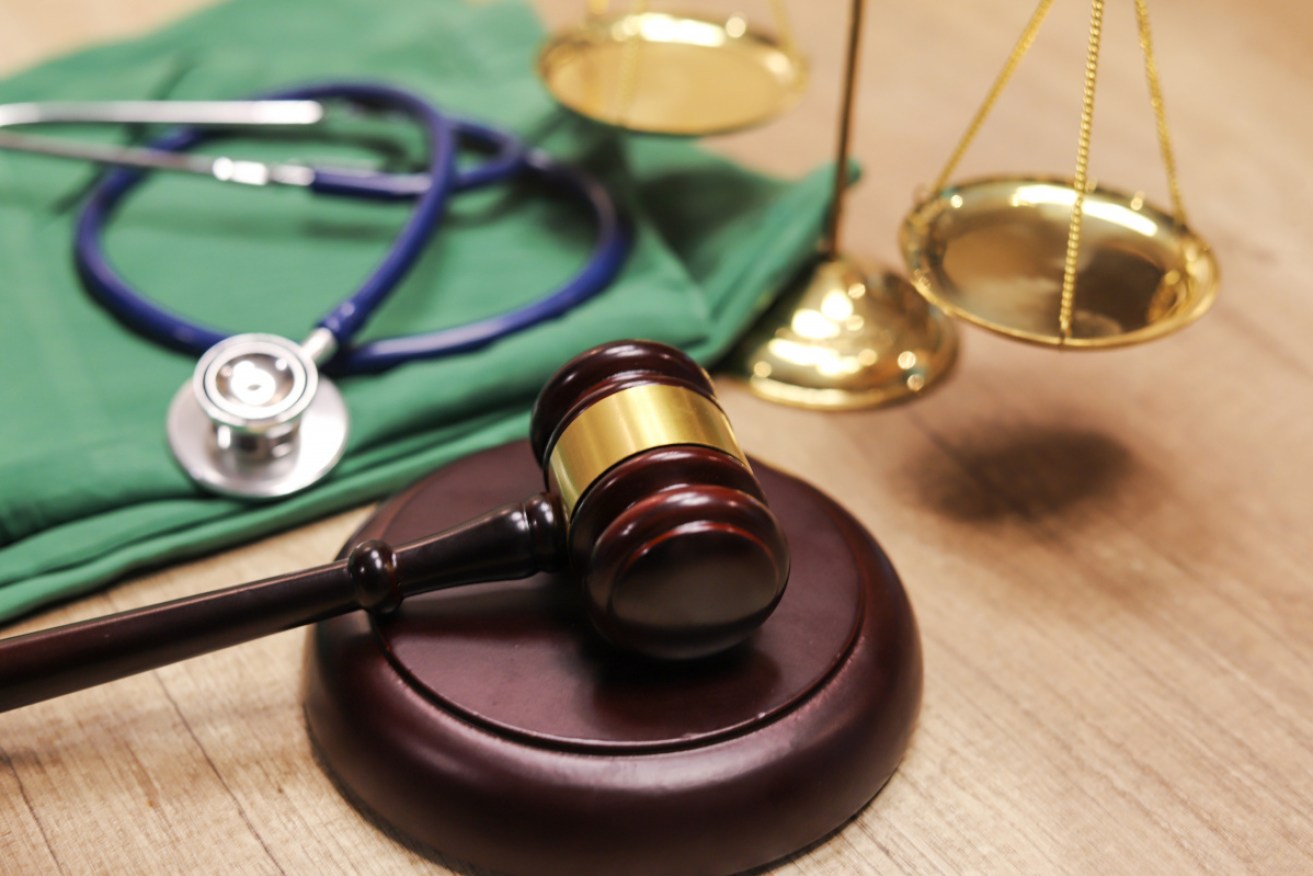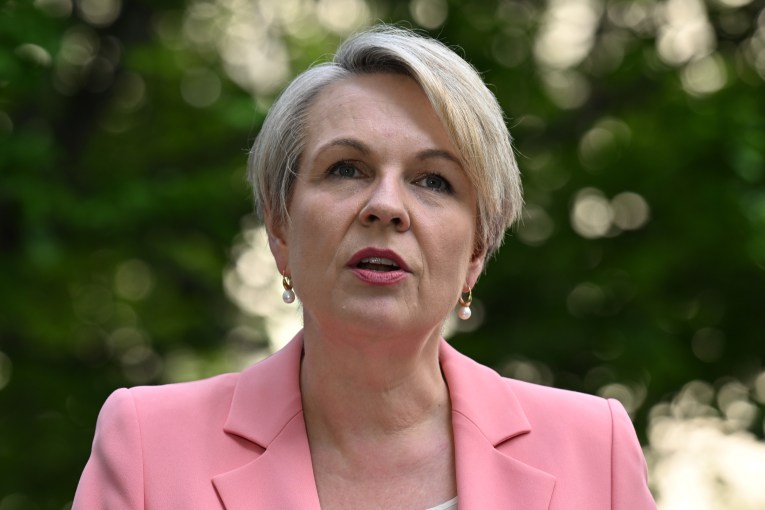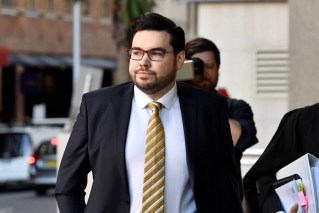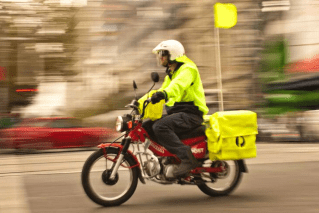Rape cases put at risk by under-trained forensic witnesses


A leading forensic physician wants to see more specialist involvement and oversight in the gathering and presenting of forensic evidence at sex assault trials. Photo: Getty
One of the nation’s top forensic physicians has told The New Daily that doctors in hospitals are refusing to get involved with sexual assault cases because they don’t want to get dragged into the justice system.
But the bigger issue is the disconnect between being legally qualified to gather forensic evidence and being fully capable of doing an adequate job.
On that basis, according to Associate Professor Morris Odell, Head of Clinical Forensic Medicine with the Victorian Institute of Forensic Medicine (VIFM), doctors are right to be hesitant.
When they do get involved, their lack of experience and adequate qualifications is putting prosecution cases at risk because they are liable not to stand up to tough cross-examination.
How many prosecutions are falling apart?
“It’s impossible to know how often prosecutions fail on that basis,” Dr Odell said.
“One of the problems is you don’t always get feedback about it.”
A key problem here is that sexual assault and other cases relying on forensic evidence feature expert witnesses who have only had two hours of training – the basic requirement of any doctor in Australia to conduct a forensic examination.
For everyday doctors, courtrooms are not their business
“In general, most doctors don’t like dealing with police or writing reports,” said Dr Odell.
“Most doctors don’t want to have anything to do with it. Nobody likes going to court: it occupies times and you tend to lose money, you’ve got to be subjected to cross examination, an unpleasant experience for people not used to it.”

Associate Professor Morris Odell. Photo: VIFM
Regional and remote areas are most susceptible to forensic cases failing – or not being mounted – because the doctors involved tend to be young and lacking specialist support.
Dr Odell said it may not even be desirable that young doctors in A&E departments conduct forensics examinations, because by the time a case comes to court, the doctor in question has most likely “moved on”.
And as a recent audit by the Queensland government disclosed, in many regional locations sexual assault examinations aren’t available – meaning victims are forced to travel for hours, in the clothes they were wearing when assaulted, to a centre where examinations are carried out.
The report also found victims were too often left unattended in hospital waiting rooms having been refused forensic examinations by doctors reluctant to get involved.
Each state should have a central forensic body
Dr Odell is calling for all states to establish a central organisation – along the lines of the VIFM – “that can provide governance and support”. This would mean that each case would have the in-situ or remote involvement of a forensic medicine specialist.
The two-hour training, Dr Odell said, simply doesn’t cut it. As he told Australian Doctor this week: “That’s the kind of brief introduction we might give medical students just so they know what the service is about, without going into specifics.”
“Obviously, doctors and adequately trained nurses will know how to do a gynaecological examination, but that’s only part of it,” he said.
“There are other issues about injury interpretation and compiling reports that can withstand vigorous cross-examination in court, which is really what makes it forensic.”
In Victoria, he said, patients tend to have direct access to a forensic specialist, or via a 24-hour telephone service, regional doctors or nurses are guided by a specialist in performing the exam, gathering the evidence, and assembling notes that can be turned into a reliable report.
“You can’t have ad hoc people doing this work,” Dr Odell said.








